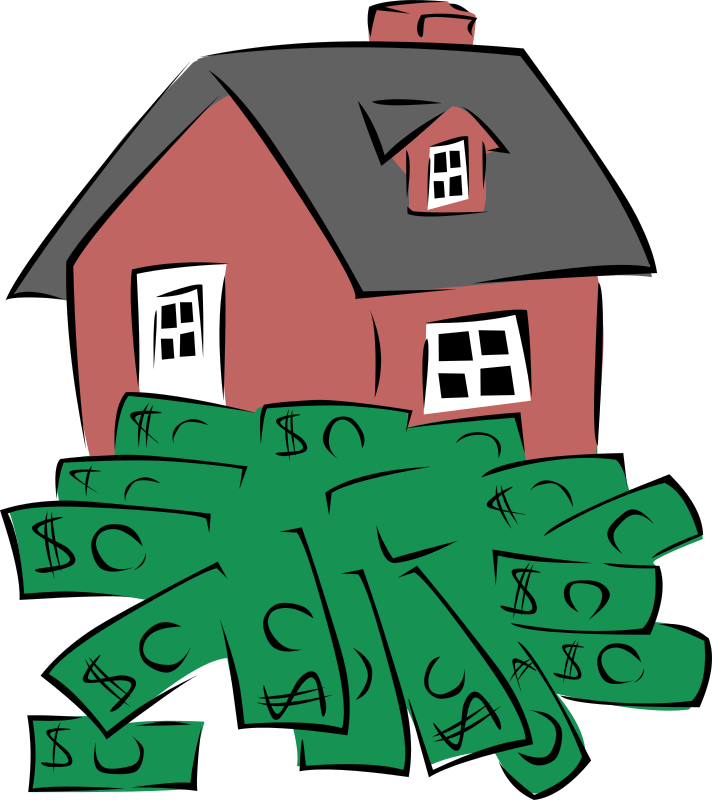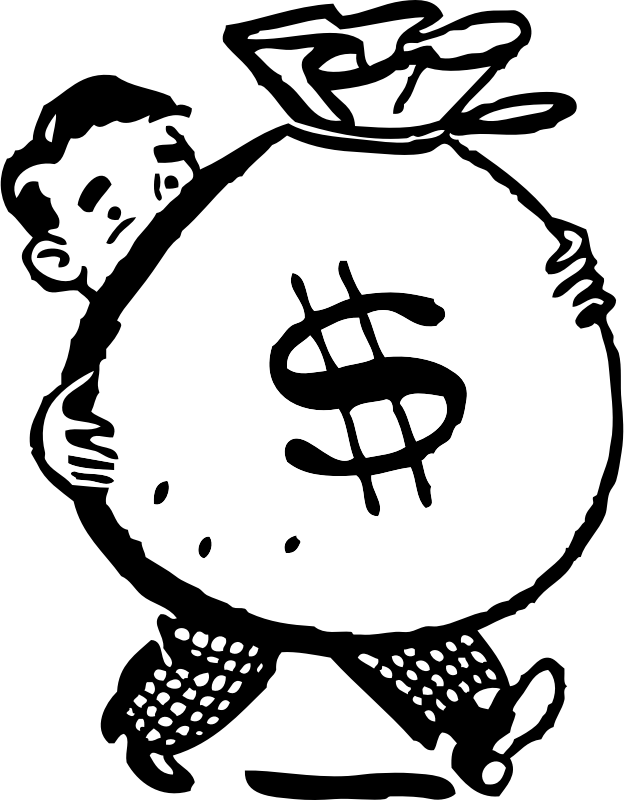As a self-published author, you're going to have to do all sorts of things to get readers to notice you. It's necessary to join Twitter, to participate in forums, to find potential fans and engage with them. Social media is great, but at the end of the day you want people to be interested in your writing. So give them stuff to be interested in.
Free Articles
Okay, so the goal of publishing is to
get your words read. You're an artist, you have a voice and a viewpoint and something to share with the world. But you also live in the real world, and that costs money. So clearly, it's ideal to make money from your writing. Creating free articles seems to be at odds with this goal.
But you're wrong for thinking that, and I'm about to tell you why: publicity is invaluable. Getting your name out there with a byline is so worthwhile, you should be paying the Internet for allowing you to do it. But you don't have to pay. In fact, there may be a way you can earn a little extra income from your "free" articles -- if you play your words right.
First, you've got to figure out what sort of
articles you will write. It's not enough to just write about what interests you, and throw the content out here. Ideally, you've got to find a way to link it to your brand and your books.
For example, I write YA novels. So maybe I'll write some free articles about back to school fashion, or prom looks, or how to balance schoolwork with athletics and social activities. This content is all geared toward teens, my audience, to get them interested in me as a writer. Once I draw them in, I hit them with information about my books. See how it works?
You've got an idea of the type of content you will create. Now, you need somewhere to publish it. Luckily, the Internet is full of websites that want content -- particularly when it's free.
- Blog: Blogs are among the easiest websites to create for free, and there are all sorts of ways you can customize yours. Create a free blog and put new content on it as often as possible to establish a regular base of readers. A blog also gives you a platform to promote all your books and writing endeavors.
- Yahoo voices: Anyone can post content to Yahoo Voices anytime. Sign up for a free contributor account and start writing. You can even earn a little bit of revenue from articles you post here, so it's a great opportunity for self-promoting indies.
- Huffington Post: The Huffington Post is one of the most-visited sites on the Internet, and that's largely thanks to the bloggers. Visit the site to learn how to become one of them, but be warned: HuffPo doesn't pay bloggers anything.
- Go fish: Look for websites that fit your particular niche and expertise. Send them free articles in hopes that they'll get published, and don't forget to promote, promote, promote if you get published anywhere.
Tying it all together
So you've found so me articles to write and some places to publish them. Now you've got to tie that content into your brand and your books. How? The About the Author box, of course. Craft a
great bio that explains why you're an expert in this field, mention your books and don't forget to include the relevant links.























